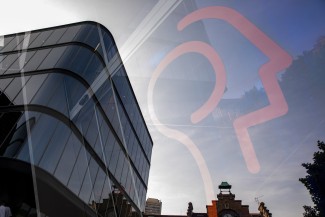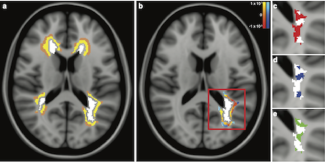
In an article recently published in the European Journal of Neurology, Vito Ricigliano (AP-HP), Benedetta Bodini (AP-HP/Sorbonne University) and their collaborators at the Paris Brain Institute, demonstrate the protective effect of myelin repair on...
02.24.2022
Research, science & health
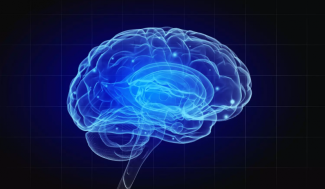
What risk factors are associated with Alzheimer's up to 15 years before the onset of the first symptoms? This is a vital question for specialists of this neurodegenerative disease – which develops over many years before becoming clinically visible –...
02.23.2022
Research, science & health
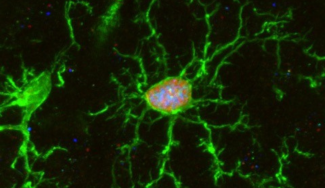
More than 50,000 bone marrow-derived stem cell transplants are performed worldwide each year to treat a wide range of conditions, including brain diseases. Before the cells are transplanted, the patients are given chemotherapy to destroy the immune...
02.21.2022
Research, science & health
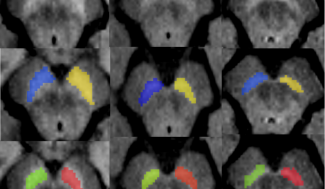
Rahul Gaurav, a research Engineer in the MOV’IT team led by Pr. Stéphane Lehéricy and Pr. Marie Vidailhet, at the Paris Brain Institute, developed an artificial intelligence framework to investigate fully automatic neurodegeneration in the substantia...
02.18.2022
Research, science & health

Dream or nightmare, our sleep is often rich in emotions. A study conducted by Jean-Baptiste Maranci (Sorbonne University), Isabelle Arnulf (AP-HP/Sorbonne University) and their collaborators at Paris Brain Institute and the Pitié-Salpêtrière Hospital...
02.16.2022
Research, science & health
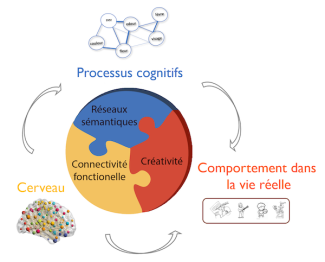
The group of Emmanuelle Volle at Paris Brain Institute and their international collaborators established for the first time a link between real-life creativity, semantic memory structure, and brain functional connectivity. The results, published in...
02.05.2022
Research, science & health
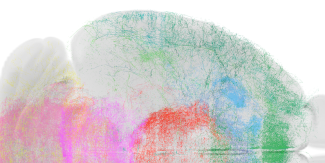
Gestation leads to a modification of brain circuits and behaviors such as nesting within the animal kingdom. The underlying biological, neural and hormonal mechanisms have been unknown until now. In a new study, the team led by Nicolas Renier (Inserm...
02.04.2022
Research, science & health
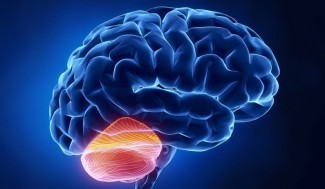
A clinical trial conducted by Prof. Alexandra Durr's team (Sorbonne University.AP-HP) at the Paris Brain Institute and the Pitié-Salpêtrière Hospital AP-HP shows that despite the hopes raised in recent years, riluzole does not improve the clinical or...
01.19.2022
Research, science & health
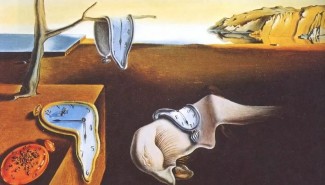
What if a few minutes of sleep could act as a trigger for creativity? This is what a study conducted by researchers from Inserm and Sorbonne University at the Paris Brain Institute and the sleep pathology department at the Pitié-Salpêtrière Hospital...
12.10.2021
Research, science & health
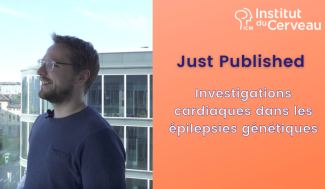
A rare and tragic consequence of epilepsy is Sudden Unexpected Death in Epilepsy (SUDEP), which occurs after a seizure. The mechanisms involved, whether respiratory, cardiac or cerebral, are not yet fully understood. However, this risk is very low...
11.24.2021
Research, science & health

A study conducted by Renaud Jardri, Professor at the University of Lille and child psychiatrist at the University Hospital of Lille (Inserm Unit U-1172, University of Lille, University Hospital of Lille - Lille Neuroscience & Cognition), Dr Philippe...
11.18.2021
Research, science & health
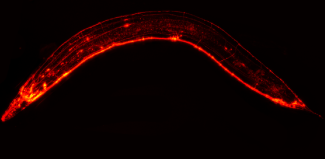
What if a worm allowed a quantum leap in research on prion diseases such as Creutzfeldt-Jakob disease? A recent study by Nicolas Bizat (University of Paris) and Stéphane Haïk (Inserm) at the Paris Brain Institute, published in the journal Brain...
11.17.2021
Research, science & health

